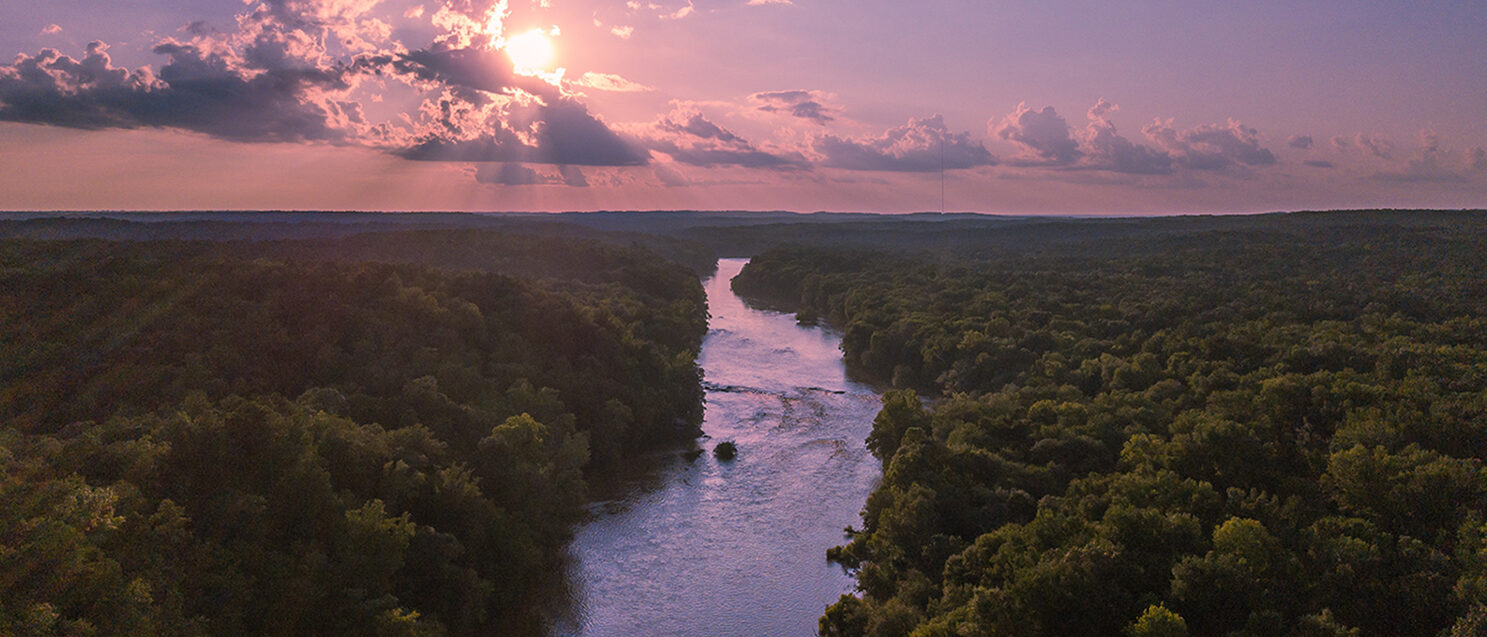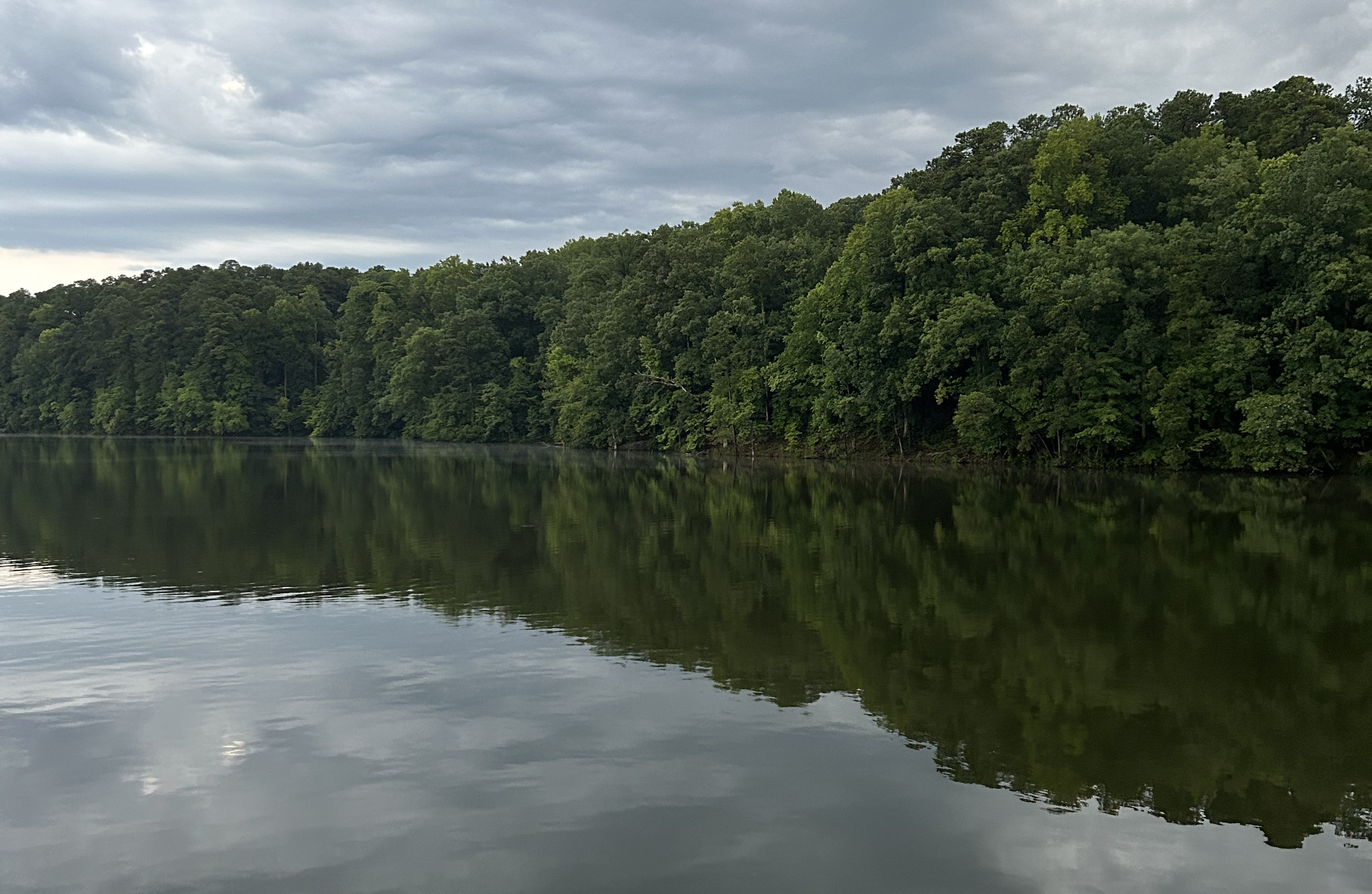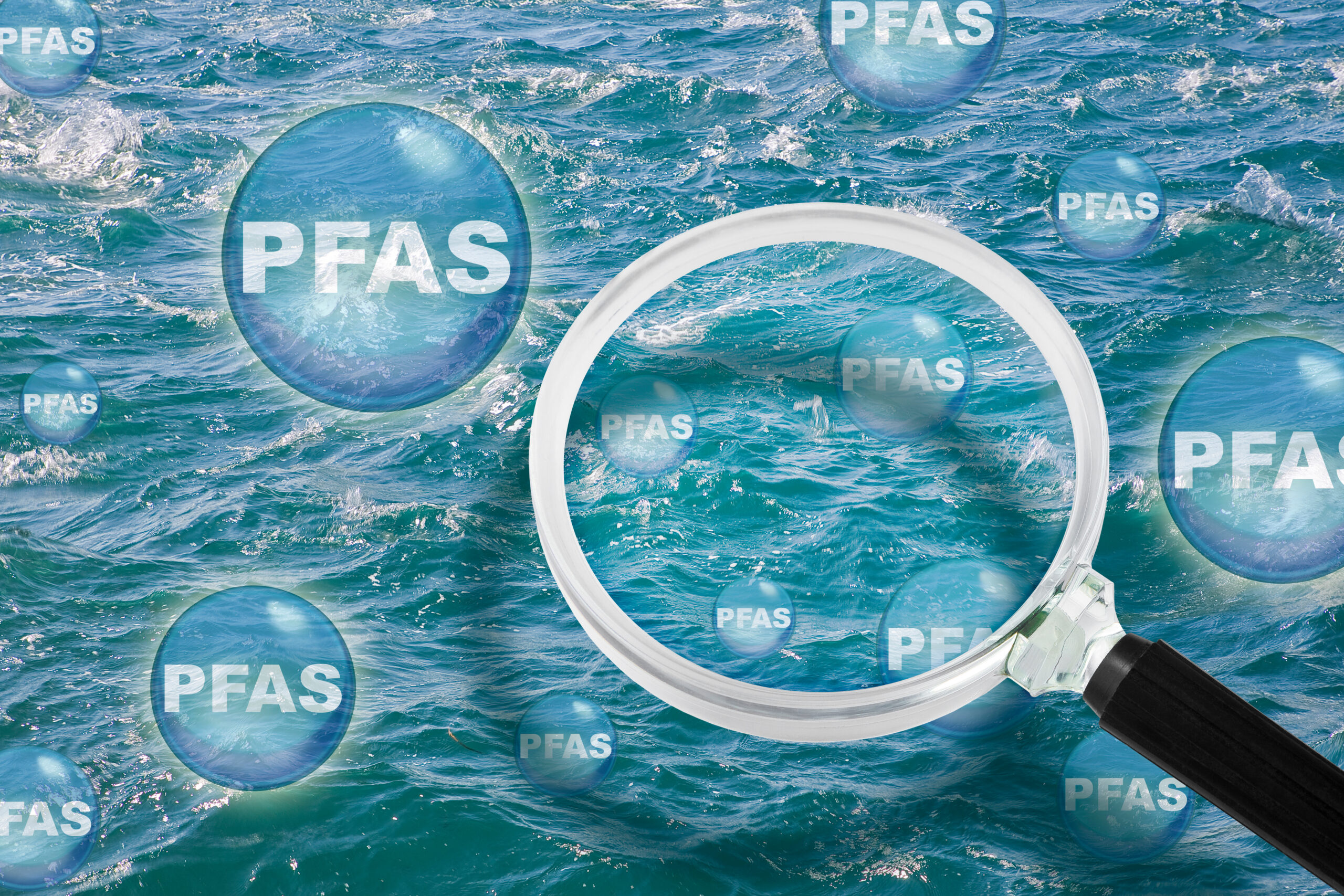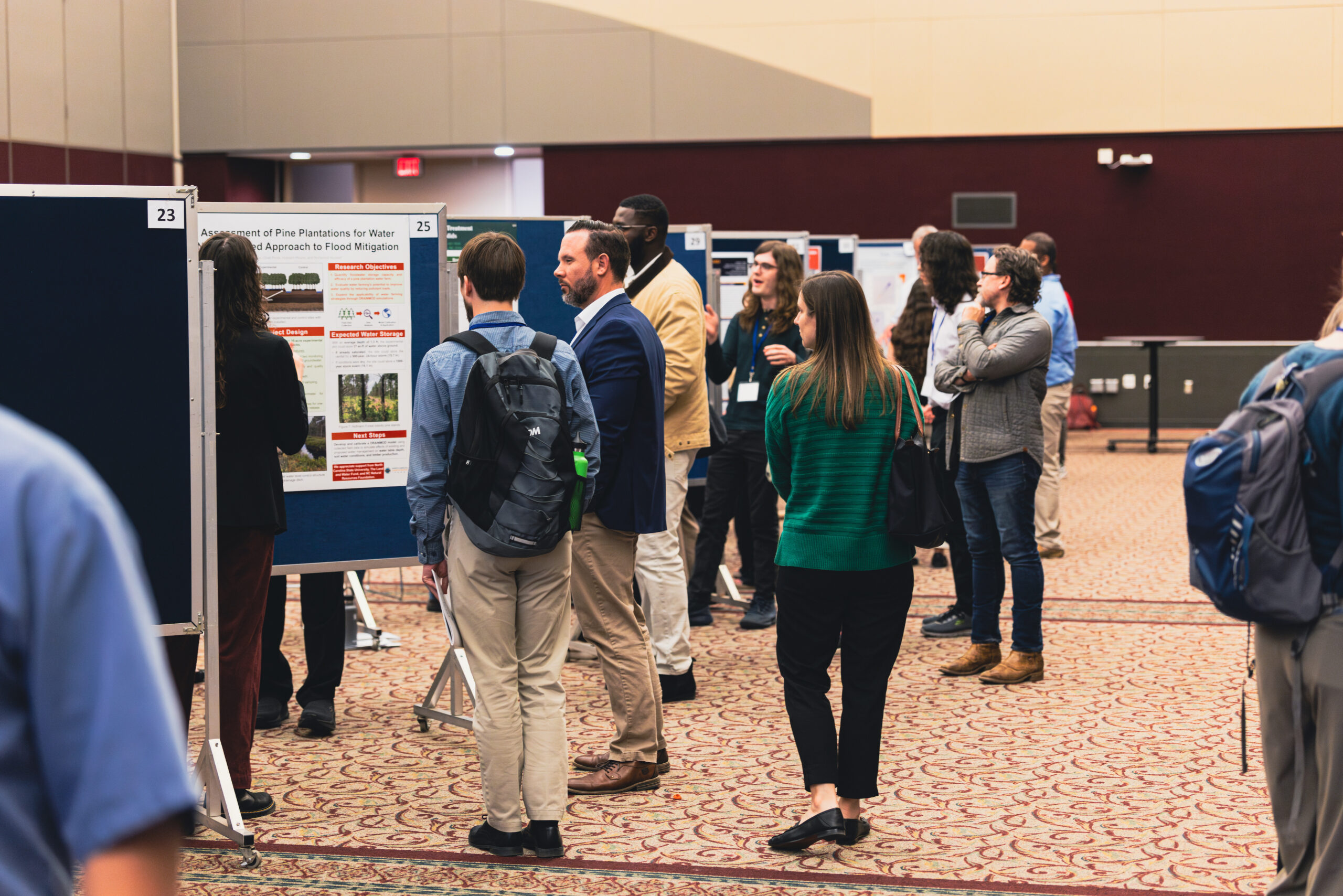USGS Funding Opportunities Available Through NC WRRI

Contact: John Fear, jmfear@ncsu.edu
North Carolina’s Water Resources Research Institute is accepting proposals for three separate 104(g) opportunities sponsored by the U.S. Geological Survey.
North Carolina researchers must submit proposals via email to Mary Beth Barrow (mebarrow@ncsu.edu) by 5 p.m on April 26, 2022. Only WRRI is able to submit responses to these solicitations to Grants.gov.
“The deadline provides NC WRRI time to package proposals and process them through an approval checklist prior to submitting them into Grants.gov,” explains John Fear, NC WRRI deputy director.
Section 104(g) of the Water Resources Research Act of 1984 requires that this competitive grant program focus on: “water problems and issues of a regional or interstate nature beyond those of concern only to a single State and which relate to specific program priorities identified jointly by the Secretary (of the Interior) and the (water resources research) institutes.”
The three 104(g) opportunities this cycle are focused on the following topics:
- General 104(g): Water problems and issues of a regional or interstate nature beyond those of concern only to a single State – Proposals are sought that will improve and enhance the nation’s water supply and availability, and promote the exploration of new ideas that address or expand our understanding of water problems. Research priorities this cycle include: Abundance, location, and persistence of legacy nutrients; Trends of integrated processes; and Water Conflict (G22AS00641).
- Per-and polyflouroalkyl substances (PFAS) research: Promote per-and polyfluoroalkyl (PFAS) substances research as related to the nation’s water quality as well as the social and(or) economic implications that might drive or be affected by PFAS – Research priorities this cycle include: Novel proxies for PFAS detection and quantification; Process-oriented research of PFAS fate, transport, and effects, with emphasis on molecular-level understanding of PFAS precursor transformation, sorption dynamics, or mechanisms of bioaccumulation and(or) biological/ecological effects; Atmospheric transport of PFAS that results in delivery to the hydrologic system via precipitation and runoff at regional or national scales (G22AS00256).
- Aquatic invasive species research: Promote aquatic invasive species research as related to hydrodynamics, water quality, control technologies, and(or) human dimensions in the upper Mississippi River basin to address critical needs, including integration with ongoing USGS science and monitoring – The challenges and opportunities that link aquatic invasive species and water resources are poorly understood, despite the real and growing effect of numerous aquatic invasive species on water quality, water quantity, and aquatic ecosystems. Research is needed to better identify and understand these interactions and to guide management decisions that will help to improve invasive species management and thus reduce effects of invasive species on water resources and aquatic ecosystems at local, regional, and national scales. Proposals are sought on the following specific areas of inquiry: Effects: Improve our understanding of the effects of aquatic invasive species on lakes, rivers, and associated tributaries in the upper Mississippi River basin, including changes to water quantity, water quality, and ecosystem dynamics; Characteristics: Identify physical, biological, and chemical characteristics of water bodies that infer resistance and resilience to the distribution, establishment, and effects of aquatic invasive species in the upper Mississippi River basin. Research is needed to better understand these interactions to guide management decisions that will improve invasive species management and result in positive effects on aquatic ecosystems; Management: Assessment of the detection, spread, and management of aquatic invasive species in the upper Mississippi River basin and the connections to human dimensions, both socially and economically (G22AS00255).
“We are pleased that NC WRRI can connect researchers from across NC with these outstanding USGS research opportunities,” Fear notes.
Details on proposal submission and requirements are provided in the official USGS notices, with those links available on the NC WRRI funding portal: wrri.ncsu.edu/funding/. Researchers can send questions regarding research topics to John Fear at jmfear@ncsu.edu. Budget questions should be directed to Mary Beth Barrow at mebarrow@ncsu.edu.
University researchers must include their institution’s letter of intent as all proposals must be fully approved by your campus’ office of sponsored research or equivalent office.
- Categories:


